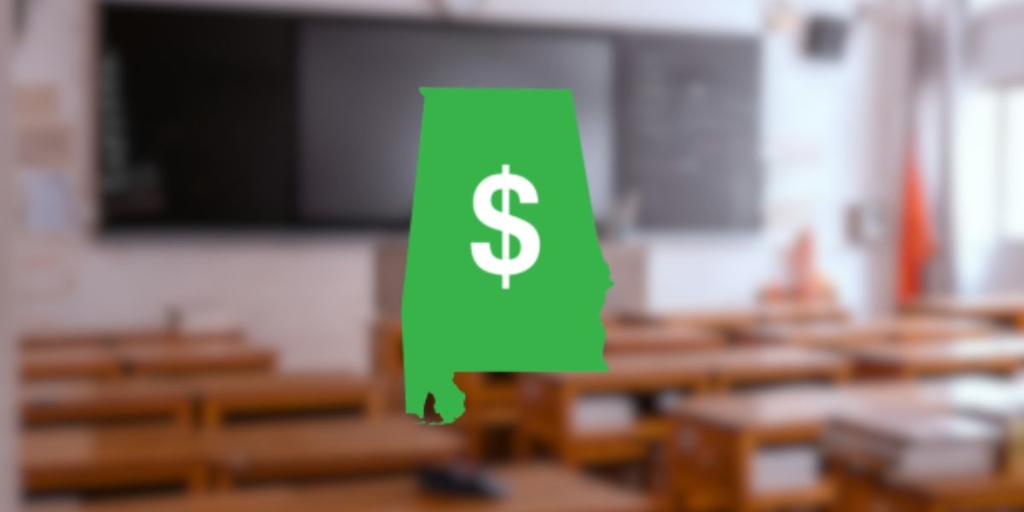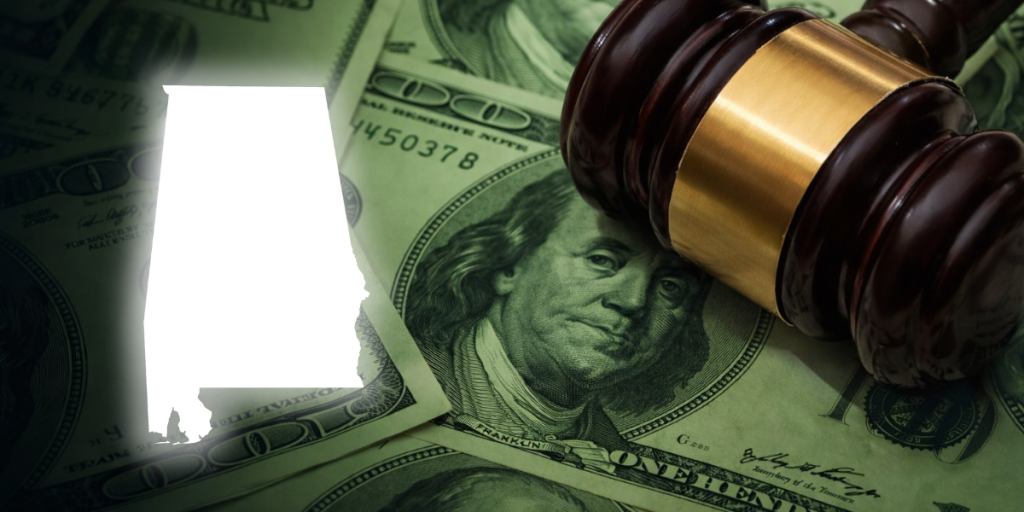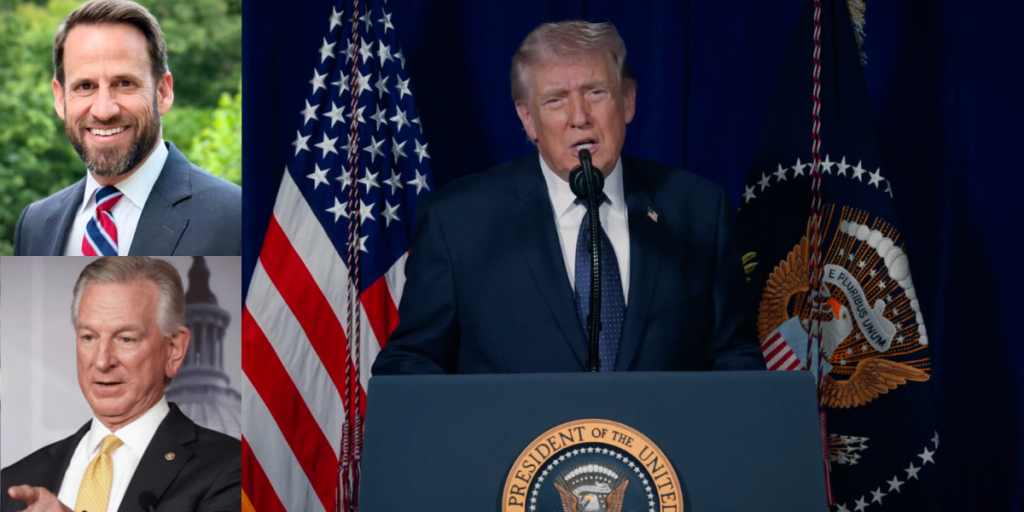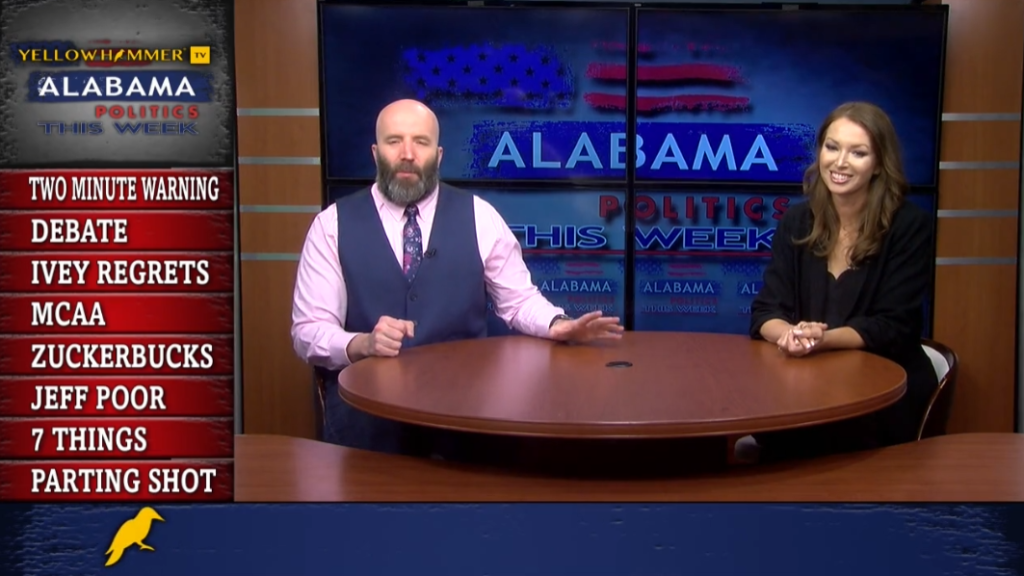Cities across America own golf courses, but analysis from the Reason Foundation shows that many lose money on them. Is subsidizing golf a proper function of government?
The Reason study found over cities reporting finances for their golf courses. Seventy percent of cities lost money in 2020, which may have been unrepresentative due to state COVID restrictions. All four Alabama cities reported on (Fort Payne, Gadsden, Millbrook and Pelham) lost money on golf.
In the market, losses indicate that businesses are not producing value equal to the value of resources used. Producing low valued products or services with scarce resources reduces our standard of living. Are cities wasting money on golf?
Answering this question is a little tricky. Golf courses create value in two ways. One is through play (although golfers sometimes wonder why they pay for such frustration). Golf courses also boost the value of adjacent real estate. Developers may build golf courses to sell houses, not to earn profits from course operation. Privately owned courses may create value even if losing money.
Cities generally do not generate auxiliary revenue from golf, so operating deficits are likely being covered out of the budget. Tax dollars have alternative uses, like repairing roads. Should the courses be closed, or is the problem poor management?
Interestingly, firms in the golf industry manage municipal courses. Companies offering this service include Troon, Hampton, Club Corp, and Arnold Palmer. Peter Hill helped build one of the first management companies. A Golf Week story summarized his observations: “Often, municipalities allowed courses to fall into disrepair, didn’t manage the books well, or had trouble finding the proper price point. Or sometimes they realized they simply didn’t know how to run a golf course efficiently.”
Abraham Lincoln said that government should only do things that people “need to have done, but can not do at all, or can not so well do, for themselves.” The existence of private golf courses creates a strong presumption against government golf. Yet local governments provide many services also provided by businesses. Government offers unfair competition for business. A city facility charging prices too low to cover costs rarely goes out of business and the manager (a government bureaucrat) may not be fired. Businesses can go broke competing with tax subsidized prices.
The political influence of avid golfers is a bad reason for government golf. Although municipal golf courses are open to all, only 24 million Americans played a round in 2019. Avid golfers are a portion of this total and on average have incomes well above the national median. Taxpayers should not fund anyone’s hobby.
Two better arguments exist. The first is expanding opportunities. Golf is an expensive sport which many children never get to try. It offers many networking opportunities for professionals, so some familiarity could help promote upward income mobility.
Private efforts like the World Golf Foundation’s First Tee program, however, may better achieve this goal. Cities could use tax dollars for vouchers for play by low-income residents or golf field trips for middle and high school students instead of owning golf courses.
The second argument is as an amenity. Restaurants, museums, recreation, and golf affect the “livability” of a region and help businesses attract and retain good workers; economists call these local public goods. Businesses do not provide these and may have to pay higher salaries for employees in areas with few amenities.
The conditions for legitimate investment in amenities, however, are strict. There must be no privately owned, open to the public golf courses within reasonable driving distance. (This also alleviates unfair competition concerns.) Many amenities are not available in rural areas. Evidence should be presented to show the value of golf versus other amenities (e.g., bowling or laser tag).
Local governments are probably better served focusing on roads, schools, and trash collection. Enterprising politicians are sometimes called political entrepreneurs. Politicians who want to go into business should use their own money, not tax dollars.
Daniel Sutter is the Charles G. Koch Professor of Economics with the Manuel H. Johnson Center for Political Economy at Troy University and host of Econversations on TrojanVision. The opinions expressed in this column are the author’s and do not necessarily reflect the views of Troy University.













